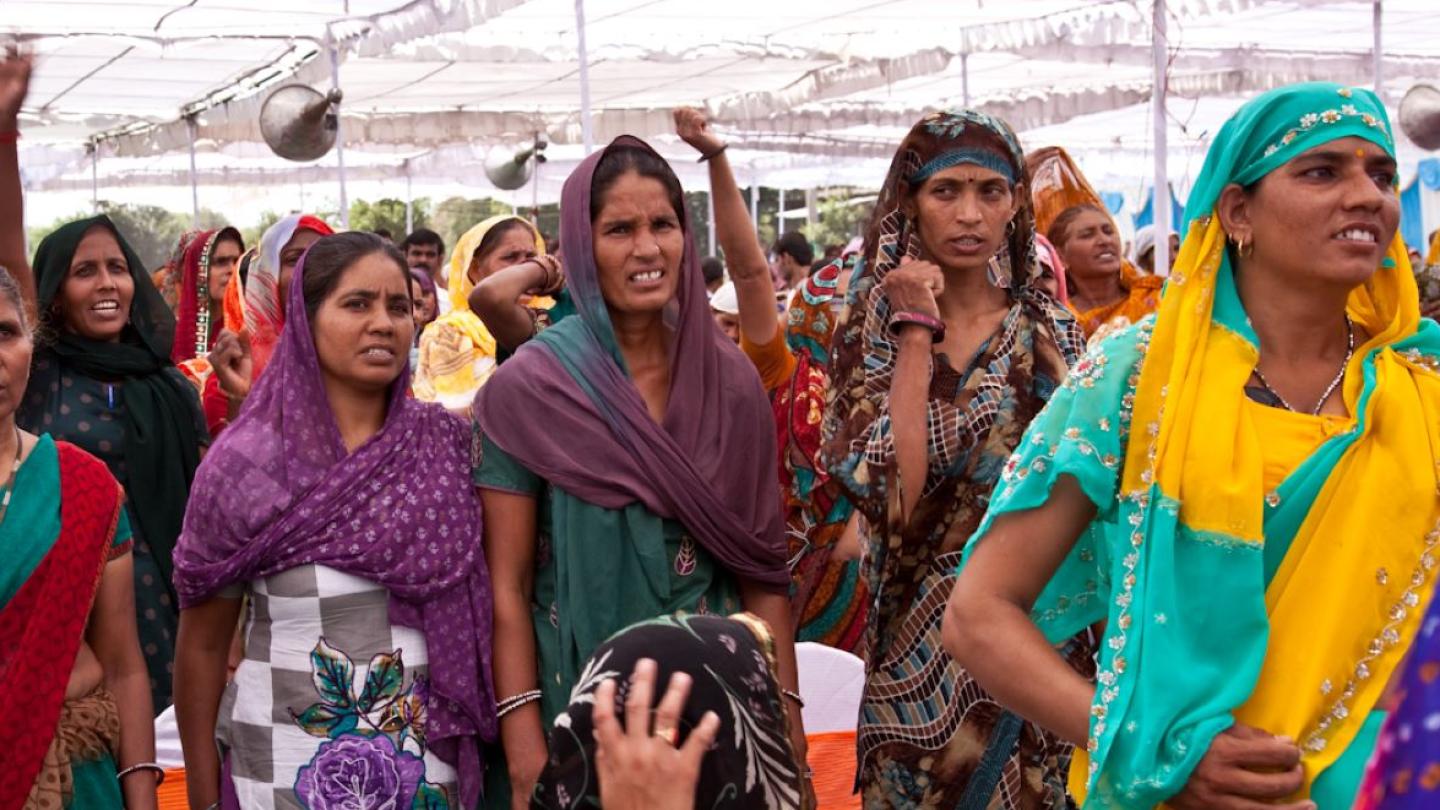Research on a new approach to monitoring government programs
Each year, tens of millions of poor Indians are eligible to receive 100 days of paid “workfare” through the Mahatma Gandhi National Rural Employment Guarantee Act (MGNREGA) – the world’s largest social assistance program, which has been shown to raise incomes and bolster economic stability for the poor. However, MGNREGA often suffers from implementation challenges and corruption, and sometimes fails to reach India’s most disadvantaged communities, including women. In response, the government’s “social audits” initiative deploys local auditors (in this case, women affiliated with self-help groups) and organizes community meetings to assess whether MGNREGA is functioning as intended. The aim of the initiative is to enhance oversight, accountability, and transparency while raising awareness and expanding access to those who need the program most.
Bihar has made impressive progress in implementing and scaling their female social auditor program; however there are still gender-specific constraints that, if addressed, could improve retention and outcomes, including reducing payment delays, prioritizing ways for women to better balance home duties with travel requirements, and addressing security concerns.
Following a recent statewide expansion of the social audit system in Bihar, a state in eastern India, researchers from Inclusion Economics at Yale University, Inclusion Economics India Centre, and the University of Southern California are studying the expanded use of audits. Using qualitative and quantitative methods, their findings will be used to improve the social audit initiative’s quality and effectiveness. (Separately, Inclusion Economics at Yale University is also working to improve MGNREGA payment processing times through a web and mobile app called PayDash.)
Publications
- Policy Brief. “Scaling Gender-Inclusive Social Audits: Preliminary Insights from Process Monitoring and a Randomized Controlled Trial.” October 19, 2021. (Please contact the PI team if you are interested in viewing the policy brief.)
